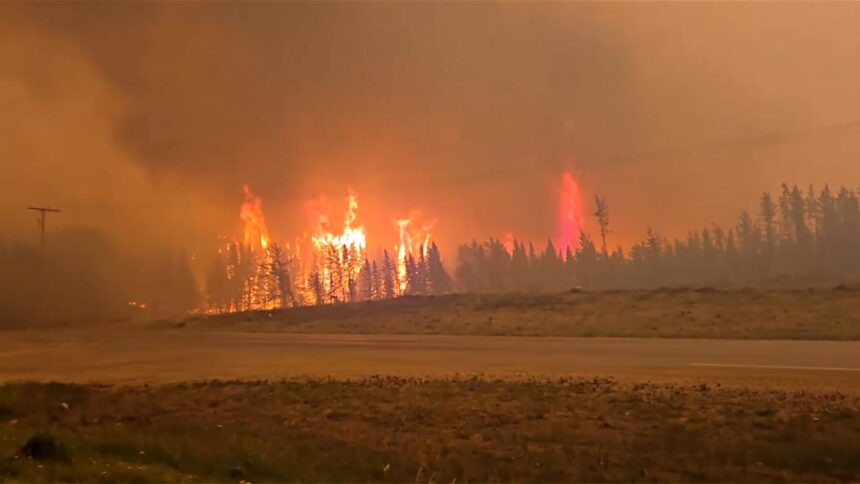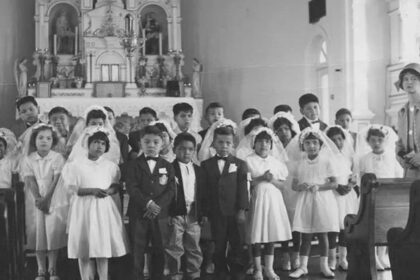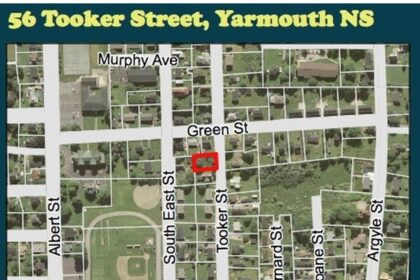Chiefs affected by wildfires in northern Saskatchewan are urging the government to revise its Provincial Disaster Assistance Program (PDAP) to include trapline cabins. The Prince Albert Grand Council, a tribal council representing 12 First Nations with 30,000 members, says the cabins that were destroyed in recent wildfires must be rebuilt. “These aren’t cottages or vacation shacks,” the council said in a news release Wednesday. “They’re homes, workplaces and lifelines.” PAGC Grand Chief Brian Hardlotte said the province requires the cabins to be registered and their users to follow strict rules. “But when they burn down, we’re told we don’t qualify for help. That’s a double standard, and it needs to end,” he added. The recent wildfires in northern Saskatchewan destroyed registered trapline cabins used by members of Peter Ballantyne Cree Nation, Lac La Ronge Indian Band, and Montreal Lake Cree Nation. Entire traplines, which PAGC says are critical for hunting, trapping, and teaching traditional skills, were wiped out in areas like Denare Beach, Pelican Narrows, Grandmother’s Bay, Sucker River, and Hall Lake. Chiefs from Peter Ballantyne Cree Nation, Lac La Ronge Indian Band, and Montreal Lake Cree Nation say they want “equitable treatment and reconciliation” when it comes to replacing what was lost. The PAGC says when wildfires destroy these cabins, not only are trappers left without support to rebuild, they must bear the costs of cleanup under the Environmental Management and Protection Act which can amount to thousands of dollars per site. It notes the exclusion undermines equity, reconciliation, and climate resilience efforts, leaving Indigenous land users without the assistance provided to other groups. Aside from the economic and cultural impact, lack of aid and cleanup costs, the historical loss is significant. Some cabins, standing for generations, were destroyed, erasing a part of Indigenous heritage and history. “If disaster programs only support people with mortgages and civic addresses, they’re failing the North,” says Hardlotte. “The land is our economy, our classroom, our grocery store. If Saskatchewan is serious about reconciliation, it must support Indigenous land users — not leave them behind when disaster strikes.” APTN News has reached out to the Saskatchewan Government for comment. Continue Reading
Trappers left out of aid program following Sask. wildfires

Leave a Comment










